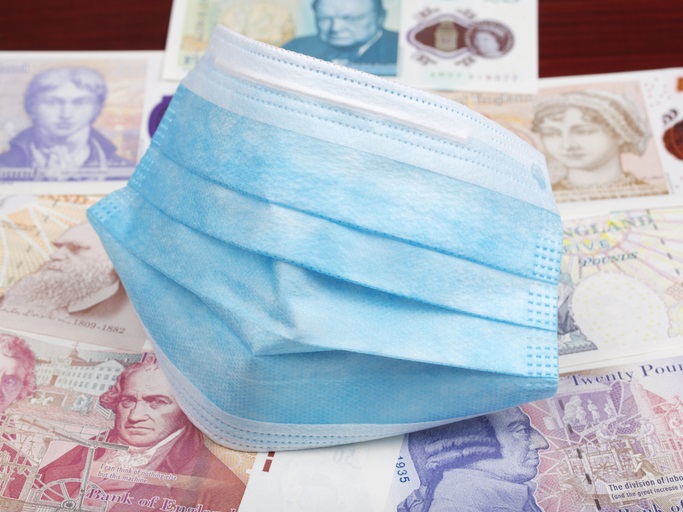Millions face retirement delays as Covid-19 hits incomes
Research also shows the gender pensions gap is widening.
9th November 2020 14:06
by Danielle Levy from interactive investor
Scottish Widows’ research also shows the gender pensions gap is widening.

More than 5.5 million workers have reduced or cancelled their pension contributions as a result of the Covid-19 pandemic.
The so-called ‘gender savings gap’ is on course to widen, according to the Scottish Widows’ 16th annual Women and Retirement report.
This broad reduction in pension savings could ultimately result in workers having to delay their retirement plans or face shortfalls in income later down the line.
Scottish Widows calculated that the average worker who is able to save 12% of their salary from the age of 21 through to retirement at 68 would have a pension pot worth a little under £463,000.
- Five ways to beat the Covid-19 pensions withdrawal trap
- Retirees left adrift by looming pensions advice gap
However, if they stopped saving into their pension for a period of three years at the age of 30, this would reduce their pension pot by £45,000.
Women’s pension savings are likely to be the worst hit by the pandemic, Scottish Widows warned.
This is because women typically work in sectors which have been affected the most by Covid-19, like retail and hospitality, where part-time working is more common and pay tends to be lower.
This would result in a widening of the gender savings gap, undoing years of progress. For example, Scottish Widows reported that 59% of women have been making ‘adequate’ savings into their pensions, equating to 12% of salary, which compares to 60% of men.
Nevertheless, there is still a significant difference in the pension savings between men and women.
- Find out more about interactive investor SIPP and pensions here
- Are you saving enough for retirement? Our calculator can help you find out
For example, a woman who is allocating 12% of an average salary into her salary will save £2,300 per year. This is far lower than their male counterpart, who is saving £3,600. Overall, women have £100,000 less in their pension pots at retirement than men.
Rebecca O’Connor, head of pensions and savings at interactive investor, advises workers under financial pressure to consider cutting other outgoings ahead of pension contributions. She says pension contributions should be one of the last things to go, particularly as they are accompanied by tax relief and employer contributions.
She says: “Think about whether any other unnecessary spending could be cut first, like subscriptions or insurances you may not need. For example, for a car you are not using in lockdown. If you have not taken advantage of a mortgage holiday, you could do that first – as that offer won’t last forever.”
These articles are provided for information purposes only. Occasionally, an opinion about whether to buy or sell a specific investment may be provided by third parties. The content is not intended to be a personal recommendation to buy or sell any financial instrument or product, or to adopt any investment strategy as it is not provided based on an assessment of your investing knowledge and experience, your financial situation or your investment objectives. The value of your investments, and the income derived from them, may go down as well as up. You may not get back all the money that you invest. The investments referred to in this article may not be suitable for all investors, and if in doubt, an investor should seek advice from a qualified investment adviser.
Full performance can be found on the company or index summary page on the interactive investor website. Simply click on the company's or index name highlighted in the article.